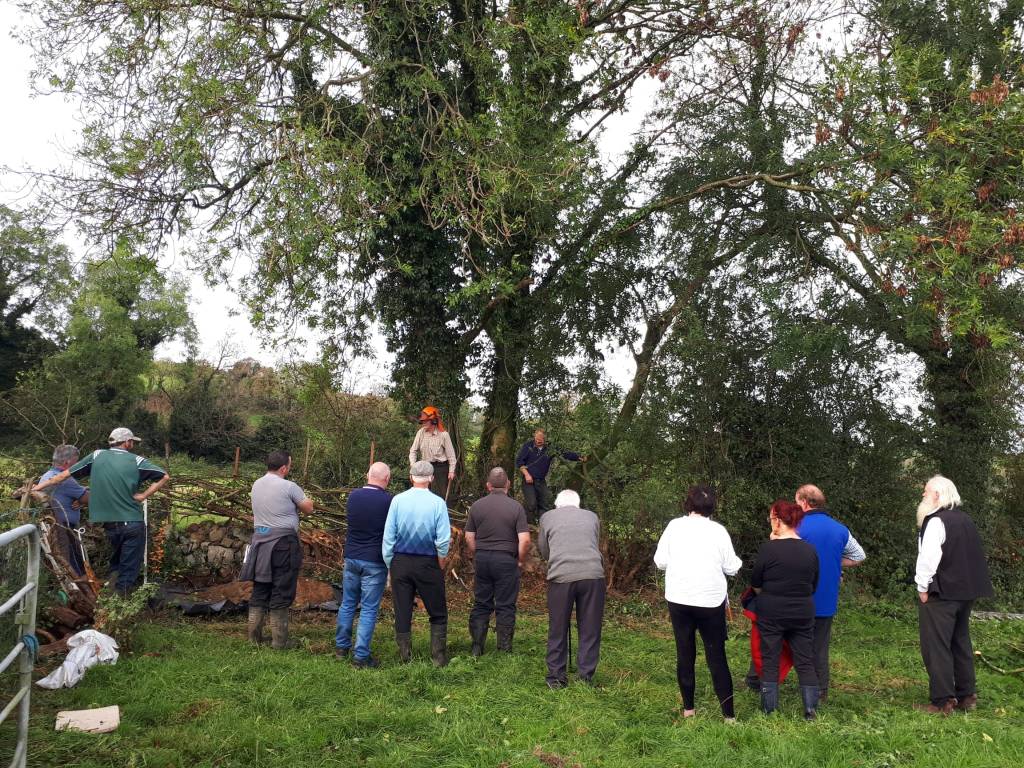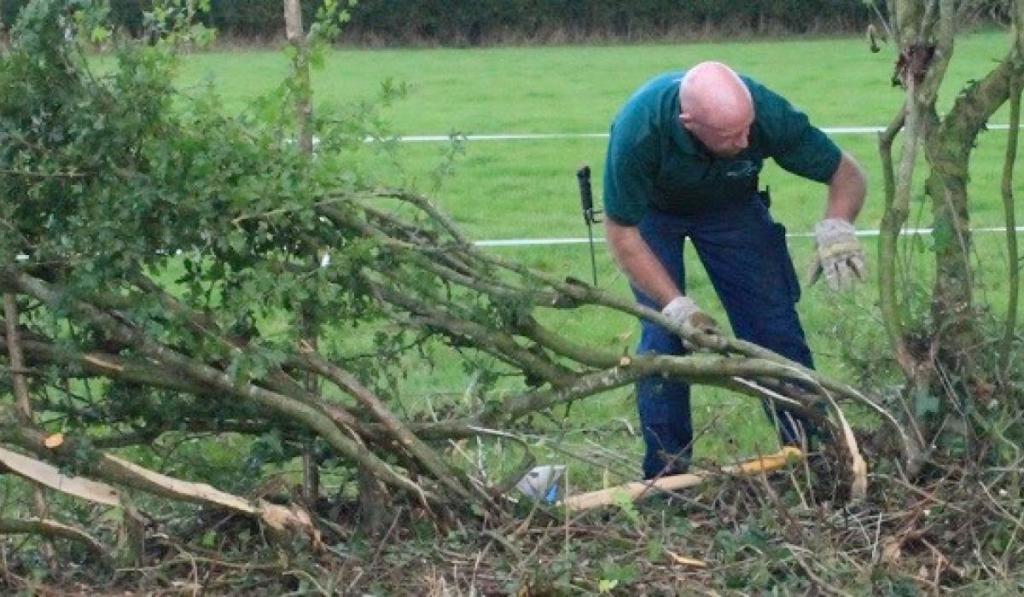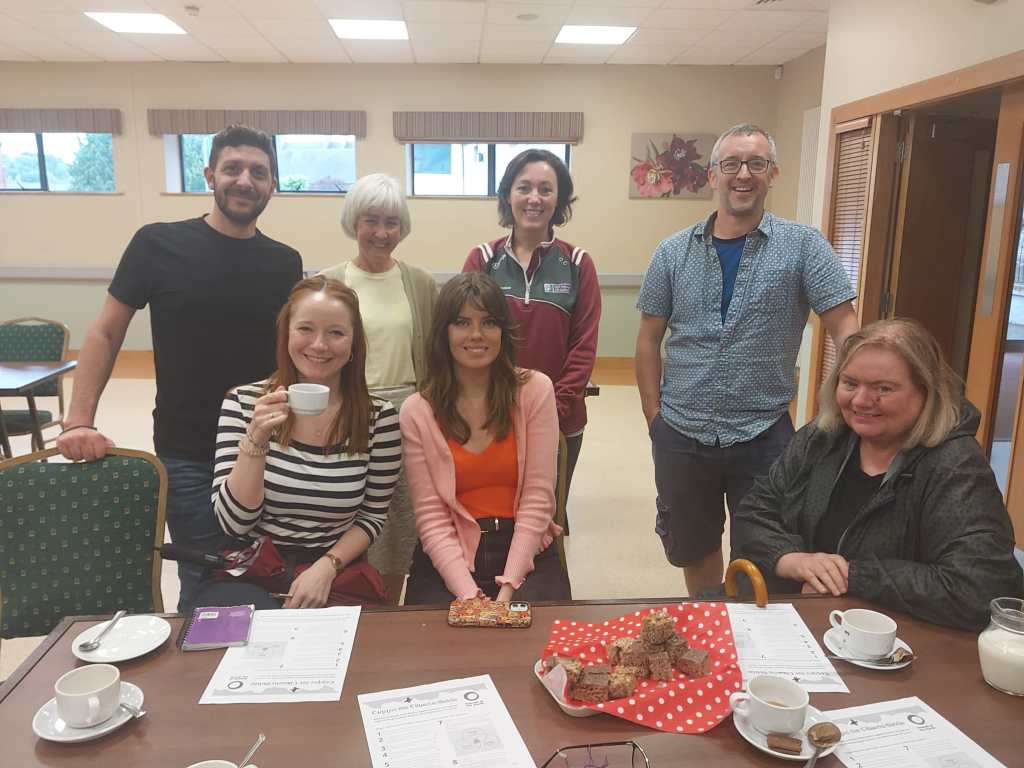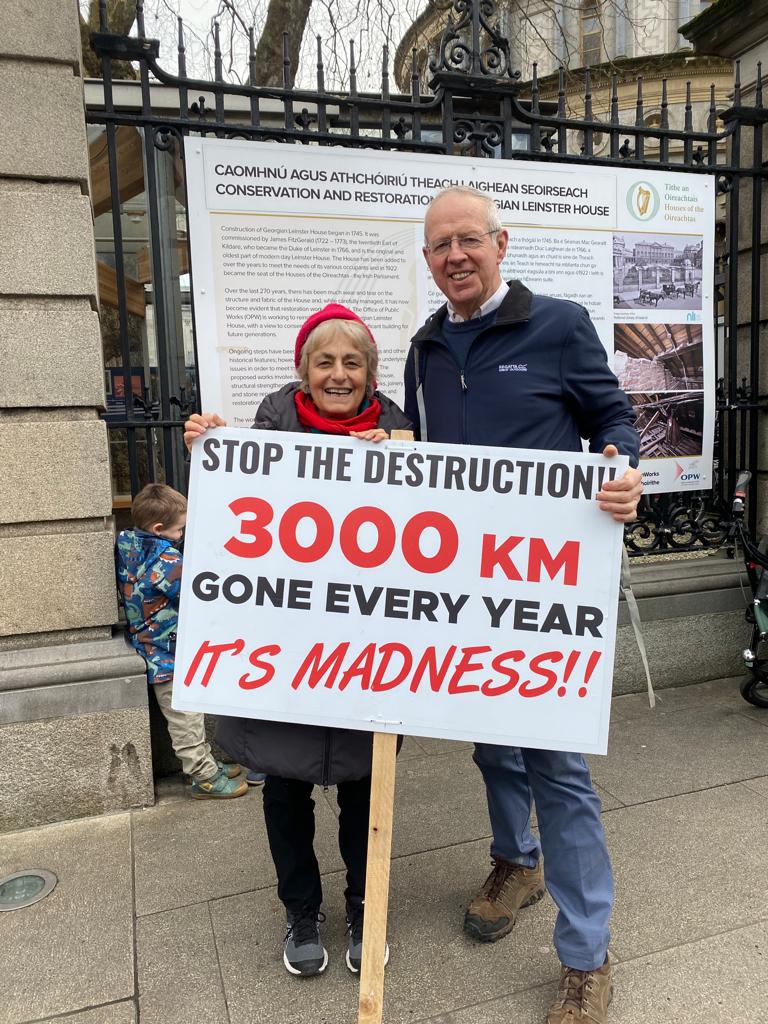4 Week Course at Síolta Chroí
WHAT: A Four week Regenerative Agriculture Course
WHEN: Dates 7th, 14th, 21st and 28th November. Time 6:00 pm to 8:00pm
WHERE: Síolta Chroí, Aghnacloghan, Carrickmacross, Co Monaghan, A81 C998
CONTACT: Conan at 089 499 4571 or https://sioltachroi.ie/
COURSE DESCRIPTION:
In this course we will explore how regenerative farming can be a key solution to the multiple challenges facing our local community – such as diminishing farm incomes/farm viability, water quality issues in our lakes and rivers, and biodiversity loss. These practices can also assist in dealing with other challenges such as climate change, flood risk and the nutrition density in our products.
The course will give participants an overview knowledge of key aspects of regenerative agriculture and provide a network to support in implementing the learning.
Continue reading →







